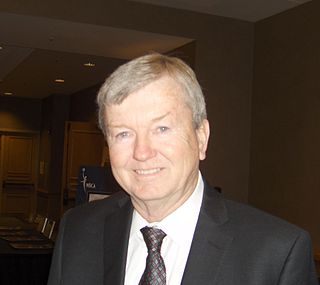A Quote by William Law
The merit of persons is to be no rule of our charity, but we are to do acts of kindness to those that least deserve it.
Related Quotes
The practice of kindness is the daily, friendly, homely caring form of love. It is both humble-a schoolboy bringing his teacher a bouquet of dandelions-and exalted-a fireman giving his life to save someone else's. Kindness is love with hands and hearts and minds. It is both whimsical-causing our faces to crack into a smile-and deeply touching-causing our eyes to shimmer with tears. And its miraculous nature is such that the more acts of kindness we offer, the more of them we have to give, for acts of kindness are always drawn from the endless well of love.
'There may be some, perhaps - I don't know that there are - who abuse his kindness,' said Mr. Wickfield. 'Never be one of those, Trotwood, in anything. He is the least suspicious of mankind; and whether that's a merit, or whether it's a blemish, it deserves consideration in all dealings with the Doctor, great or small.
Charity is no substitute for justice. If we never challenge a social order that allows some to accumulate wealth--even if they decide to help the less fortunate--while others are short-changed, then even acts of kindness end up supporting unjust arrangements. We must never ignore the injustices that make charity necessary, or the inequalities that make it possible.
We often equate charity with visiting the sick, taking in casseroles to those in need, or sharing our excess with those who are less fortunate. But really, true charity is much, much more. Real charity is not something you give away; it is something that you acquire and make a part of yourself. And when the virtue of charity becomes implanted in your heart, you are never the same again.




































